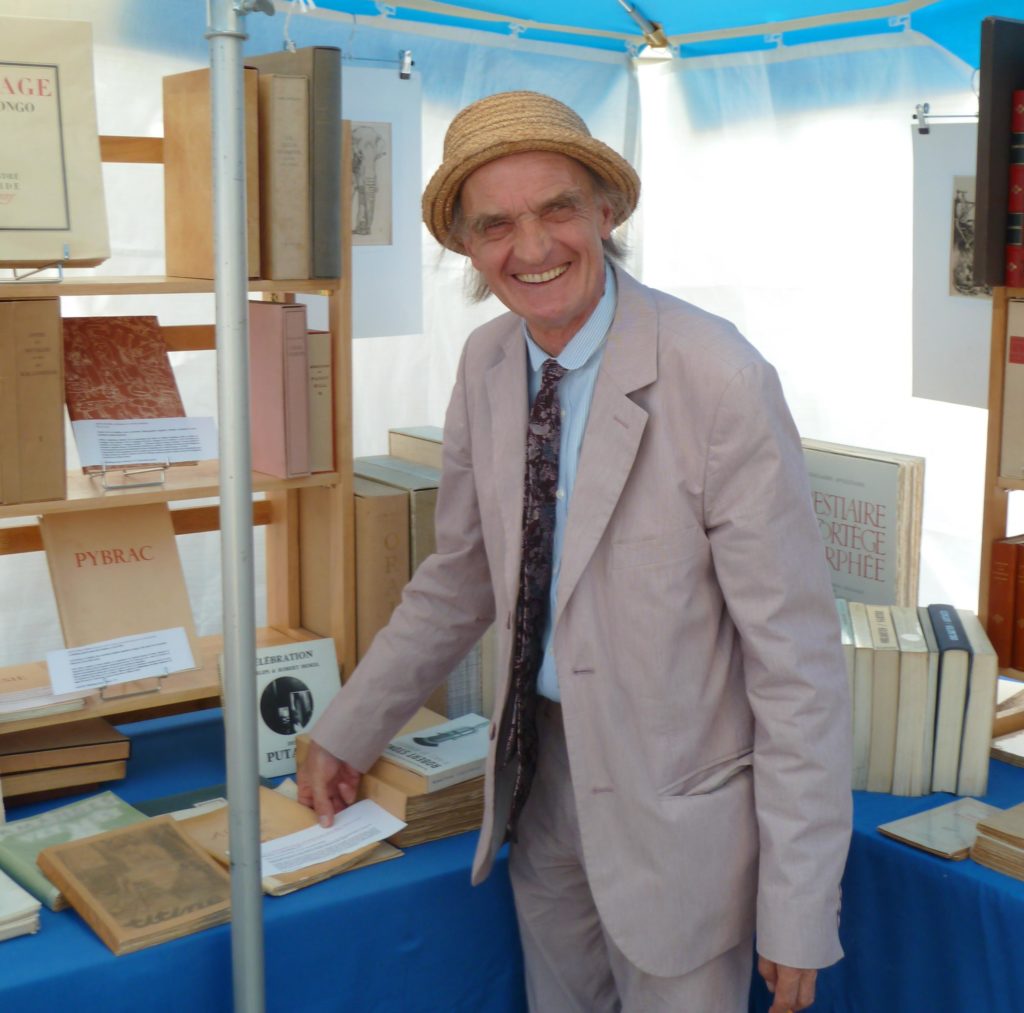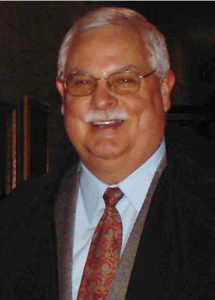Recent events in the wake of the Girolamini thefts have revealed that the Italian authorities who are pursuing the matter appear to be clueless about the nature of the books that they are charged with recovering. Many interesting details in this regard are found in the recent memorandum sent to the Italian judiciary by ILAB president Norbert Donhofer, copied below. Among other things, this astonishing text reveals that, in the minds of the Italian investigators, it is possible for books which have already been seized and secured in police vaults in Germany to be held at the same time on the shelves of a Danish bookseller. This miraculous transmigration of texts leads us to wonder what other fantastical accusations may await us in the future.
MEMORANDUM OF ILAB TO THE ITALIAN JUDICIARY
In March 2012 Professor Tomaso Montanari first brought to light a cultural theft, which then appeared to be limited to the Girolamini Library, based in Naples. We now know that the Director of the library at the time, Marino Massimo de Caro, widened his trail in plundering through other libraries in Italy as well: Montecassino, Naples Municipal Library, Ministry of Agriculture Library, a Seminary in Padua, and the Ximines Observatory Library in Florence. Soon after the discovery of the theft the Italian authorities announced that four books from the Girolamini Library were offered in Auction 59 (May 2012) at the Munich Auction House Zisska and Schauer, and arranged for them to be seized by the German police. The auction house thereupon recalled all books from this consignment – a total of 540 titles – and handed them over to the German authorities in Munich, where these books have been stored to this day.
The President of ILAB at the time – Arnoud Gerits – then informed the members of ILAB in an open letter and he immediately offered his assistance and cooperation to the Italian investigating authorities to uncover the truth of this scandal. When Tom Congalton was elected the new President of ILAB in the autumn of 2012, he gave renewed assurances to the Italian authorities of ILAB’s willingness to assist in every conceivable manner to get to the bottom of this case. Both offers, as well as many others made subsequently, went unanswered by the Italian authorities.
On April 8 in 2013, the President of the Italian Association of Antiquarian Booksellers, ALAI, Fabrizio Govi, attempted to relate the criminal route of Marino Massimo de Caro in a speech in the Library of Congress; in the edition of the “The New Yorker” of December 16 in 2013, Nicholas Schmidle described in detail how the former Director of the Girolamini Library was further implicated. Both of these, the speech made by Fabrizio Govi and Nicholas Schmidle’s article, were also brought to the attention of the Italian authorities.
In 2013 the Italian antiquarian bookseller Giuseppe Solmi was arrested by the Italian Carabinieri, and released a short time later. The charge: dealing in books stolen from one of the libraries in which Marino Massimo de Caro was operating. On the 2nd of August of the same year the auctioneer Herbert Schauer was arrested on the strength of a European arrest warrant, and deported to Italy several weeks afterwards. The charge: dealing in books stolen from one of the libraries in which Marino Massimo de Caro was operating and participation in a criminal association. Herbert Schauer was condemned to a five-year prison sentence early this summer, but meanwhile the arrest of Mr. Schauer was lifted by the Italian Court of Cassation.
The latest case in relation to this affair concerns the Danish antiquarian bookseller Christian Westergaard. He was arrested several weeks ago in front of his family. The charge: dealing in books stolen from one of the libraries in which Marino Massimo de Caro was operating. To be sure, Christian Westergaard was released the same day, but the eleven books that had been secured by the Danish police during a mutual assistance procedure remained in safekeeping by the Danish police. The most astonishing thing about the latter case is the fact that all eleven books were also included in the catalogue of Zisska and Schauer’s Auction 59 and hence had already been secured by the German authorities since May 2012. For all eleven of the books that had been secured by him, Christian Westergaard was subsequently able to prove when, where and from whom he had acquired them. This includes also books he had acquired from the Macclesfield Auction at Sotheby’s in London (2006ff).
It was only a few days before the start of the first auction of Philobiblon/Bloomsbury (Rome) when the Carabinieri confiscated all lots of the auction by order of the court at Naples. It was suspected that some books of this auction had been stolen from the Girolamini library. The President of ALAI, Fabrizio Govi, appointed two independent experts to check the books, and Mr. Danesi and Mr. Parkin reported that not a single book of the auction could be traced back to an Italian Public Library.
ILAB protests against this unprofessional approach by the Italian authorities in the strongest terms. A simple glance at the lists of the items stored in Munich would have shown straightaway that the books seized in Denmark could not possibly be those volumes that were stolen by Marino Massimo de Caro, nor does it appear to be clear to the investigating authorities that in the vast majority of cases there are naturally a number of copies of printed books, whatever age they may be, that differ in their state of preservation, binding, or provenance.
ILAB further protests against the fact that, through the procedures chosen by the Italian authorities, respectable citizens and business people are falling under suspicion of criminal actions and consequently their reputations are being frivolously compromised. The shock experienced by the families of those arrested under undignified circumstances is also mentioned here for the sake of completion.
ILAB is also protesting against the fact that, as a result of these measures, an entire profession is being stigmatized and might be at risk of losing its credit standing with private and institutional clients, as well as banks, which has taken decades to build up.
ILAB is a long way from giving advice to the Italian judiciary, but we are renewing our offer to the investigating authorities to assist in having these criminal actions thoroughly cleared up and to cooperate unconditionally. By providing you with some expertise required to differentiate between different copies of the same title, we might be able to help prevent a repetition of potentially embarrassing and unnecessary events such as the regrettable arrest of Christian Westergaard. Once again ILAB requests the Italian authorities to provide us with lists of the stolen books which could be included in our stolen books database.
As President of ILAB, I would be happy to meet with the relevant authorities at any time.
Norbert Donhofer, President of ILAB
 @vialibri. The main focus of our postings will be photos of unusual or graphically interesting early books and related items that have been found by visitors searching on our site. We hope to do this daily, and if we fail to keep that pace it will not be due to a lack of suitable material.
@vialibri. The main focus of our postings will be photos of unusual or graphically interesting early books and related items that have been found by visitors searching on our site. We hope to do this daily, and if we fail to keep that pace it will not be due to a lack of suitable material.


